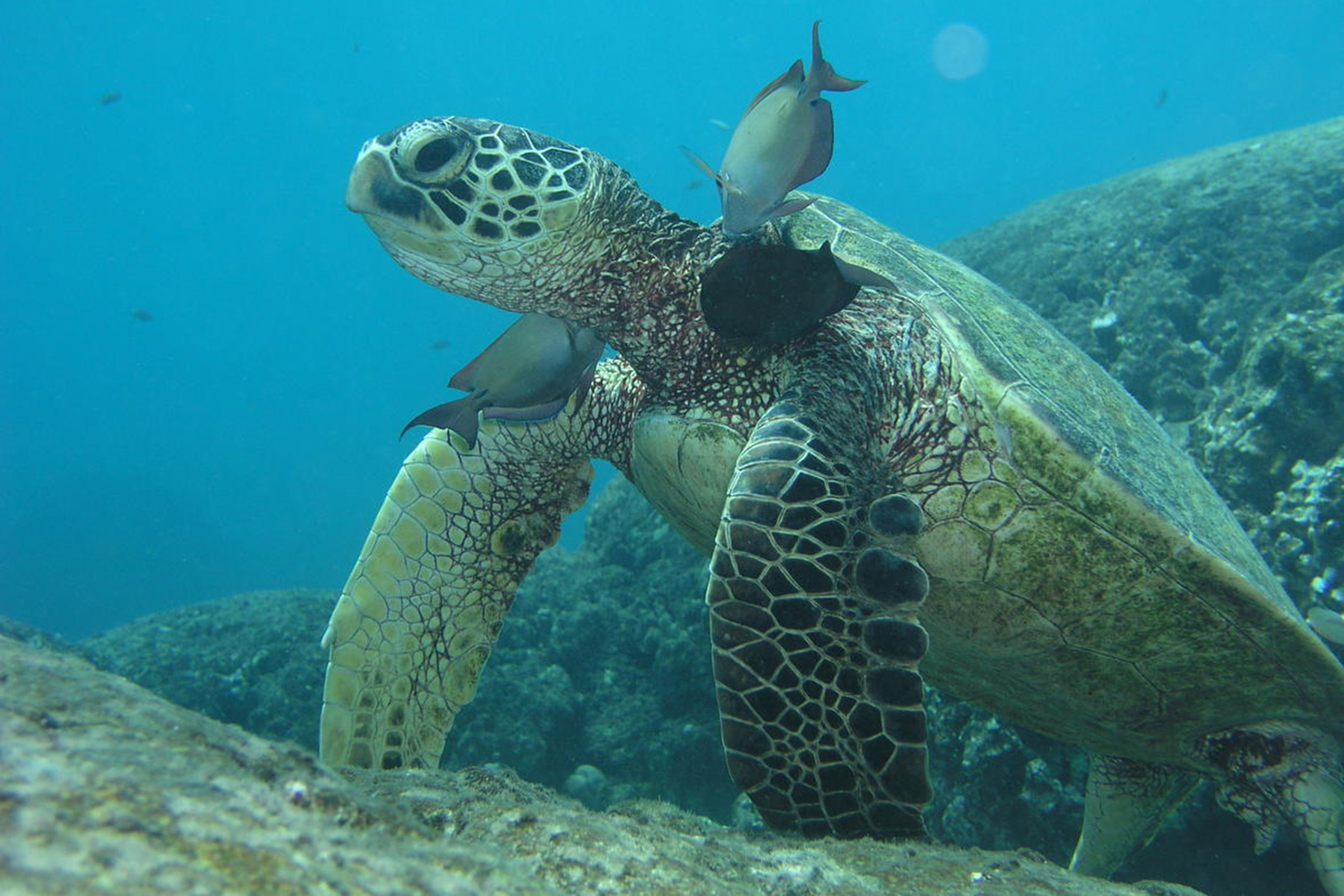
The ChHV5 virus is associated with tumors and damages the immune system in green turtles.
“It is the most important infectious disease affecting these turtles globally and we have good evidence that, when the severity of the tumors reach a certain stage of severity, animals become immunosuppressed, waste away, and die,” Theirry Work, a scientist at the U.S. Geological Survey and the lead author of the study, told Digital Trends.
In order to fight the disease, researchers typically decide to develop it in the lab, where they can study and manipulate it more easily. “Doing so allows you to better understand how the virus interacts with host cells and identify weak points in virus replication that could lead to intervention,” Work said.
Work and his team had previously tried and failed to grow the virus using a number of conventional methods. After noticing that the virus seemed to grow only in skin cells, he said, “we opted to have a go at trying to re-create the 3D structure of turtle skin in the lab to see if that would allow the virus to replicate and — lo — it worked.”

To reconstruct the skin’s complex 3D structure, the researchers used both tumor cells and normal skin cells. While watching the virus develop, they saw it replicate in never-before-seen detail, including strange sun-shaped centers.
Although ultimately successful, the research was not without obstacles. For one thing, turtle skin is usually coated in layers of algae, bacteria, and barnacles that make cultured growth — which needs to be sterile — difficult. “We had to figure out ways to biopsy a turtle and coax skin cells to grow in a petri dish in a sterile system without bacterial contamination,” Work said. “We then had to figure out ways to grow the different cell types that comprise skin.”
With what they have learned in the lab, the scientists are now developing a blood test to detect the virus is present in turtles before they develop tumors.



